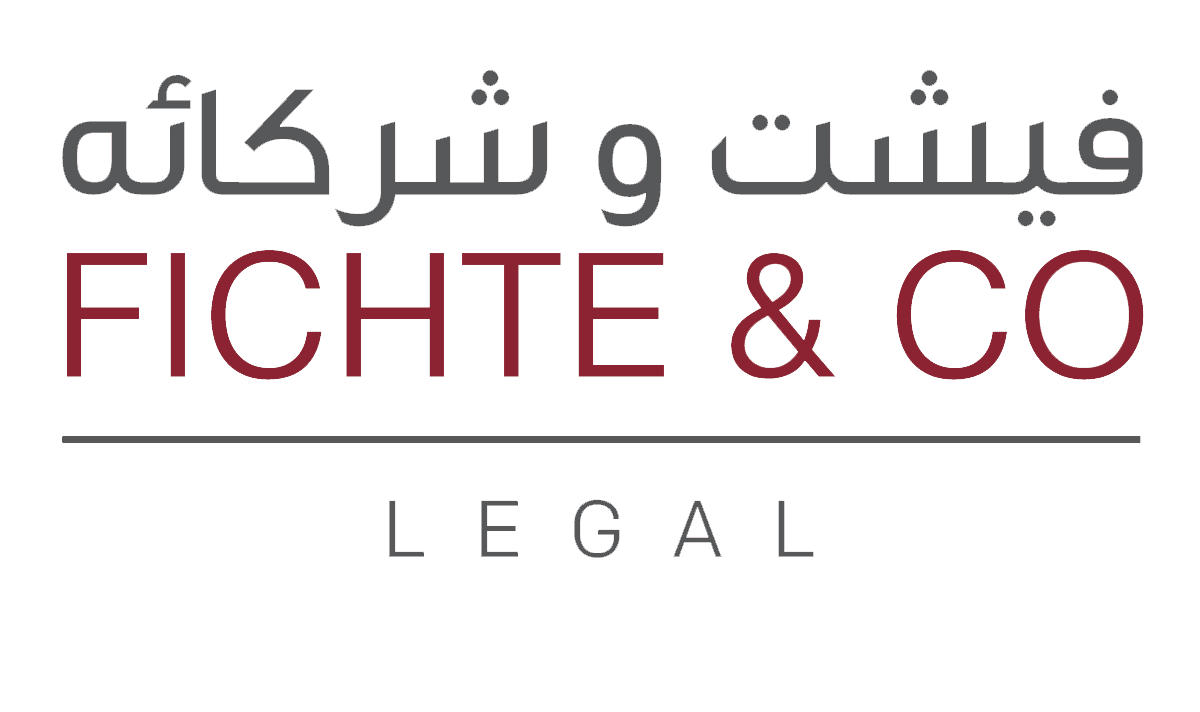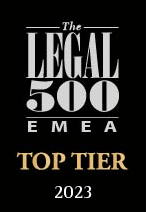Historically, the practice of creating security in the UAE could be distinguished from common law jurisdictions, with no recognition of floating charges or future assets. There was no comprehensive legislation which mandated the registration of security interests against movable assets.
This changed with the introduction of the Federal Law No. 20 of 2016, which is now replaced by Federal Law No. 4 of 2020 Concerning Security Rights over Movable Property (The Movable Property Law). Further, Cabinet Resolution 29 of 2021 Concerning the Implementing Regulations of Federal Law 4 of 2020 laid down the procedures to give effect to the Movable Property Law. This article intends to give a brief outline of the legal framework regarding security rights over movable assets, considering the role of the Emirates Integrated Registries Company LLC (EIRC).
The EIRC is established as a subsidiary of Emirates Development Bank and has replaced the erstwhile Emirates Movable Collateral Registry (EMCR), providing a platform to publicize information relating to any security interest in a movable asset. The purpose of the company is to oversee and manage the registry, collect, and enter data, archive documents etc.
The EIRC is established as an online register with all operations conducted online, making it easy for interested parties to use the platform for registration or for search. Moreover, the EIRC functions as a facilitator and will not be held liable for any incorrect information in the register. The burden lies on the applicant to provide accurate details of the transaction. The registry is open to the public, who can request a report subject to the fulfilment of certain conditions and payment of a fee.
Publicizing security interests in the EIRC is a means of making a pledge effective against third parties. This will grant the secured party rights over the collateral irrespective of whether he has possession or not, thus creating a non-possessory security interest. Rights can be registered in relation to any tangible or intangible movable property, whether existing or future.
Article 3 of the Movable Property Law lists out property that can be collateral and includes accounts payables and receivables, credit accounts held with banks, written deeds and documents, equipment, tools, fixtures, goods held for sale or lease, raw materials, agricultural products etc. within the ambit of movable property registrable with EIRC. Whereas the scope of the law is wide, it does list out property which will not be subject to it, including alimony, wages, public property, endowment property, movable property required to be registered in a special registry etc.
Registration of Interests and Enforcing security interest against third parties
Registration with the EIRC ensures priority over unregistered security interests while also safeguarding subsequent registration of security interests over the same asset. The purpose of registration is not to create a security interest but to perfect the security to remain effective against third parties. By virtue of registration with EIRC, the security right is now made transparent, thus ensuring that any subsequent interest will be junior to the prior interest.
In order to register a security interest over a movable asset, it is important for the pledgor and the pledgee to enter into a security agreement. The security agreement must contain details of the collateral either by identifying the type, category, quantity etc. or by a statement covering all assets of the security provider or assets within a specific category such as all equipment. Such security agreement may be entered into even prior to the property coming into existence, for example, future accounts receivable.
Security Interest over Accounts and Intangible Property
The Movable Property Law recognizes the concept of a floating charge, which implies that there is no need to block or suspend the account in order to create a security interest over it. The accounts may be pledged by virtue of an agreement between the parties.
With respect to credit accounts, a security interest may be made enforceable toward third parties by control. For such security interest to become enforceable, either (i) it must be created in favour of the financial institution that maintains the credit account; or (ii) the Pledgor, Pledgee and financial institution have entered into a Control Agreement. The Movable Property Law has introduced the concept of a Control Agreement wherein the parties agree that the financial institution will follow instructions of the pledgee with respect to the balance of the account without further consent from the pledgor. Priority in this matter rests first with the bank holding the account, followed by persons with a control agreement and then by persons with a valid security right.
Under the law, a security interest may be created over intangible property, in which case the law of the domicile of the security provider shall apply to the creation of interest and its enforceability against third parties and over the collateral. Intangible property under UAE Law is defined broadly to include goodwill, trade names, customer contacts, intellectual property etc.[1]
The Movable Property Law also introduces an option for lenders to enforce their security out of court, subject to sending a legal notice to the borrower in accordance with the law.
Impact of the Law
There are many benefits of registering assets with the EIRC, depending on the nature of the party involved. For a buyer of property, the register provides a means of verifying if potential rights exist in the property. For a party interested in selling or leasing the property, registration will indicate the title in the goods which have been given on lease. A registration thus ensures that a party’s interest is protected, especially when the goods are not in possession of the party.
The EIRC is an advantageous platform for lenders, borrowers, parties leasing equipment or other movable property etc., thus serving the interests of various parties. It remains to be seen if parties will take advantage of the new provisions of law, bringing more transparency to the creation of security over movable assets.
[1] Article 40, Federal Law No. 18 of 1993 Concerning Commercial Transactions
For further information, please contact us at info@fichtelegal.com





